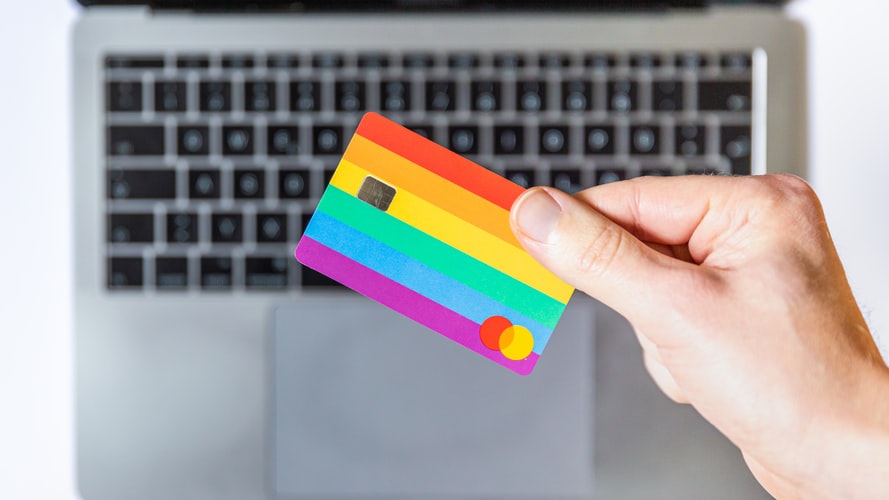The New Post Pandemic Consumer
Understanding the impact of COVID on consumer habits now and in the future
Over a year has passed since the World Health Organisation declared COVID-19 a global pandemic. The UK has been in a form of lockdown for over 430 days. Considering it takes 66 days to form a habit according to a study by UCL, it is inevitable that there will be long-term changes to consumer behaviour along with newly formed habits. 95 per cent of global consumers Accenture surveyed said they made at least one change to their lifestyle that they expect will be permanent.
Although there is a sense of relief as we finally get ‘back to normal’, the new normal will be quite different to how we operated pre-pandemic. Some of the main shifts we have experienced are, working from home, with 30% of people planning to increase the amount they work from home in the future compared to before the pandemic, according to Accenture. Additionally, changing travel patterns, and a growing desire to shop locally are challenging industries to fundamentally rethink how they cater to the pandemic-adapted consumer.
The pandemic enabled a techcelleration, accelerating the digitalization of our lives complete with a new international tech vocabulary: Zoom, Teams, Hangouts, Meet are now part of our daily regime. “Recent data shows that we have vaulted five years forward in consumer and business digital adoption in a matter of around eight weeks,” declared McKinsey, in May 2020.
Disney+ launched in March 2020 in Europe and garnered 5 million app downloads in 24 hours. The streaming service hit 50 million subscribers in April that year, accomplishing within five months of launch what took Netflix seven years since it started streaming.
· Zoom’s maximum daily meeting participants increased from 10 million in December 2019 to 200 million in March 2020. It was the number one business app in iPhone daily downloads in 141 markets in March 2020, compared to 1 market at the end of 2019.
· Home is the new headquarters. Most employees find the shift to working from home a positive experience, giving consumers more professional satisfaction and a greater work life balance. People are however re-evaluating how they want to work coming back to the office. A YouGov survey shows that most British workers 57% want to be able to work from home after the pandemic. This figure is made up of 37% who say they want to work from home some of the time, and 20% saying they want to work from home full time. People still want an office for collaboration and socialising.
Sources: CNET, Variety, Netflix, CNN, App Annie, Quartz, TechCrunch, Zoom Blog
What can we expect as part of the new normal:
Direct to consumer purchasing

Prior to COVID-19 purchasing directly from brands primarily appealed to a younger demographic. Yet during the pandemic older consumers came onboard. Not only have we seen a shift in who but also what consumers are purchasing, with a move to value-based purchasing due to the fear of the unknown. Consumers intend to continue shifting their spending to essentials, while cutting back on most discretionary categories. Demand decreasing for luxury items (beauty, clothing & entertainment) & increasing for essentials (food, medicine). (McKinsey 2020)
The shock to loyalty
 Consumers try new brands when their normal purchasing pattern is disrupted, and if this yields better value there is a high chance they will stay with a new brand. According to a McKinsey survey, 75% of consumer had tried a new shopping behaviour since COVID-19 started. 73% of those who had tried a different shopping method or brand intended to continue. Behaviour changes are not linear, and their stickiness will depend on satisfaction of the new experiences. Only 8% of consumers now say a brand name is important to their loyalty, according to Businesscloud.
Consumers try new brands when their normal purchasing pattern is disrupted, and if this yields better value there is a high chance they will stay with a new brand. According to a McKinsey survey, 75% of consumer had tried a new shopping behaviour since COVID-19 started. 73% of those who had tried a different shopping method or brand intended to continue. Behaviour changes are not linear, and their stickiness will depend on satisfaction of the new experiences. Only 8% of consumers now say a brand name is important to their loyalty, according to Businesscloud.
Small yet meaningful

The future of consumer starts small. Emerging communities that were initially considered niche, such as keto and plant-based, now have followings in the millions. 12 percent of Americans said they had tried the keto diet in the past two years, according to previous Coefficient Capital research. With consumers strained to their areas there have been a desire to shop local reflected in both products bought (for example, locally sourced, artisanal) and the way in which consumers shop by supporting community stores.
Migration out of the capital and into virtual worlds

As 1.6m Londoners (26%) have been working outside of the city during lockdown and want to continue doing so, according to new research from Totaljobs. Mobility patterns have altered, public transport is down, remote working is the norm. Air travel has been particularly affected by the restrictions and global flight frequency was down 46.3% year-on-year as of 16 November. Passenger traffic may take years to recover to pre-COVID-19 levels after the recession, since it took almost four years for the airline industry to fully recover from the global financial crisis of 2008-09.
The pandemic has moved us into the future, accelerating existing trends of technological adoption from shopping online, to digital payments, to working from home on a global basis. Firms with an online presence or those that support remote working will continue to strengthen with others such as bricks-and-mortar stores will need to radically adapt to stay relevant. Innovation is critical to reinvent, remain relevant and reengage the consumer.
For more information, feedback or comments please reach out to [email protected]
